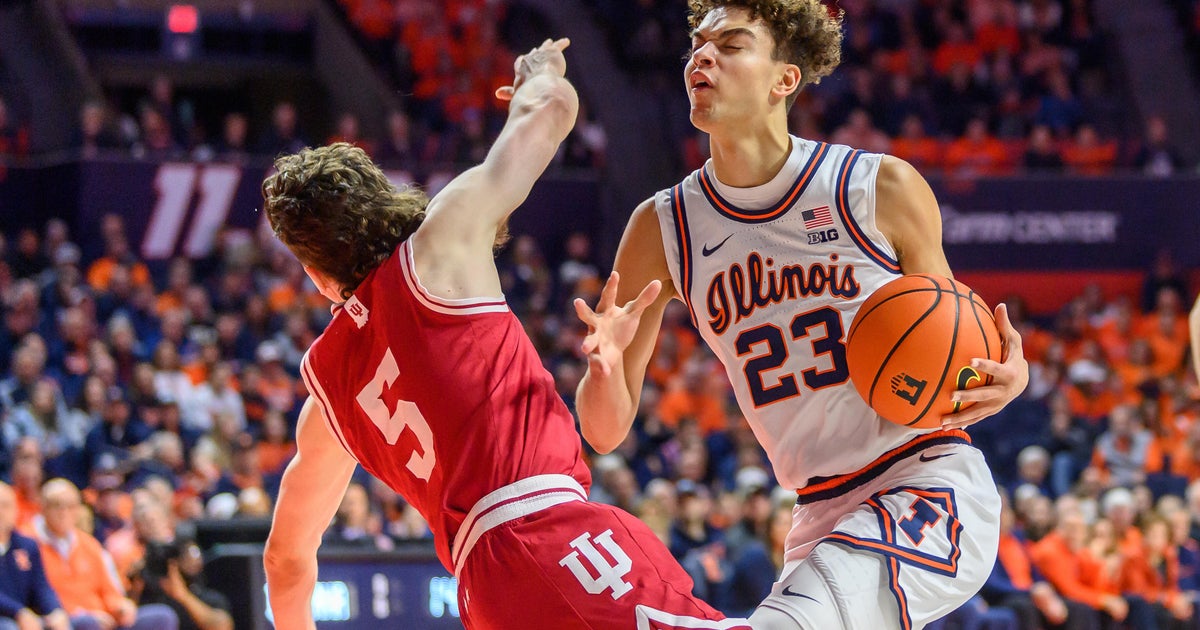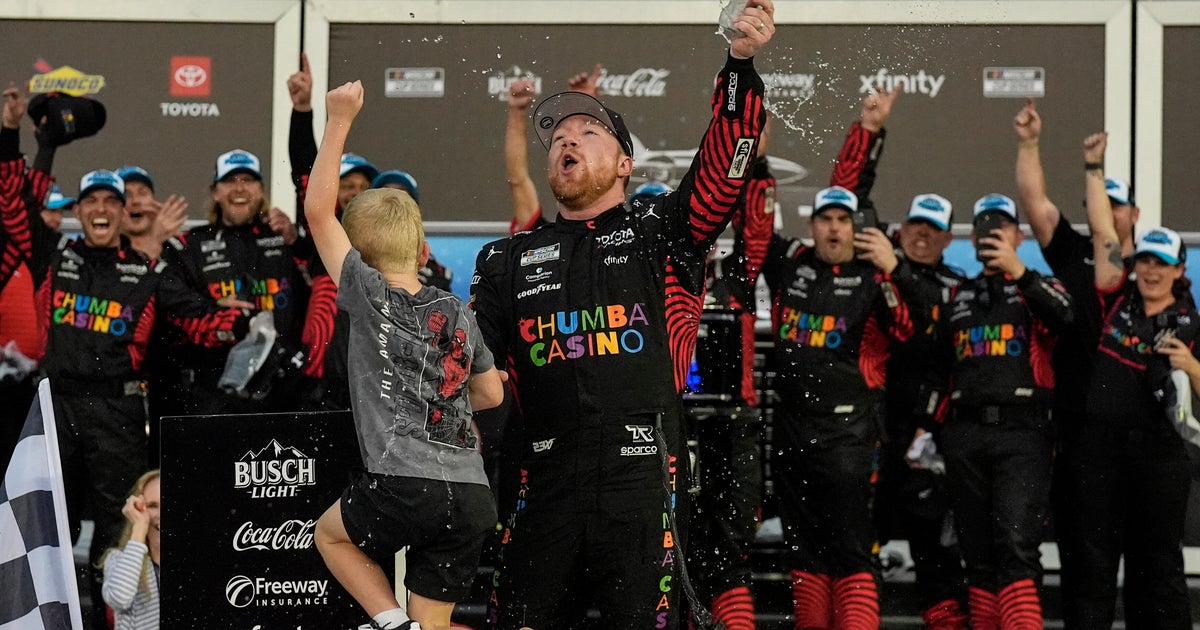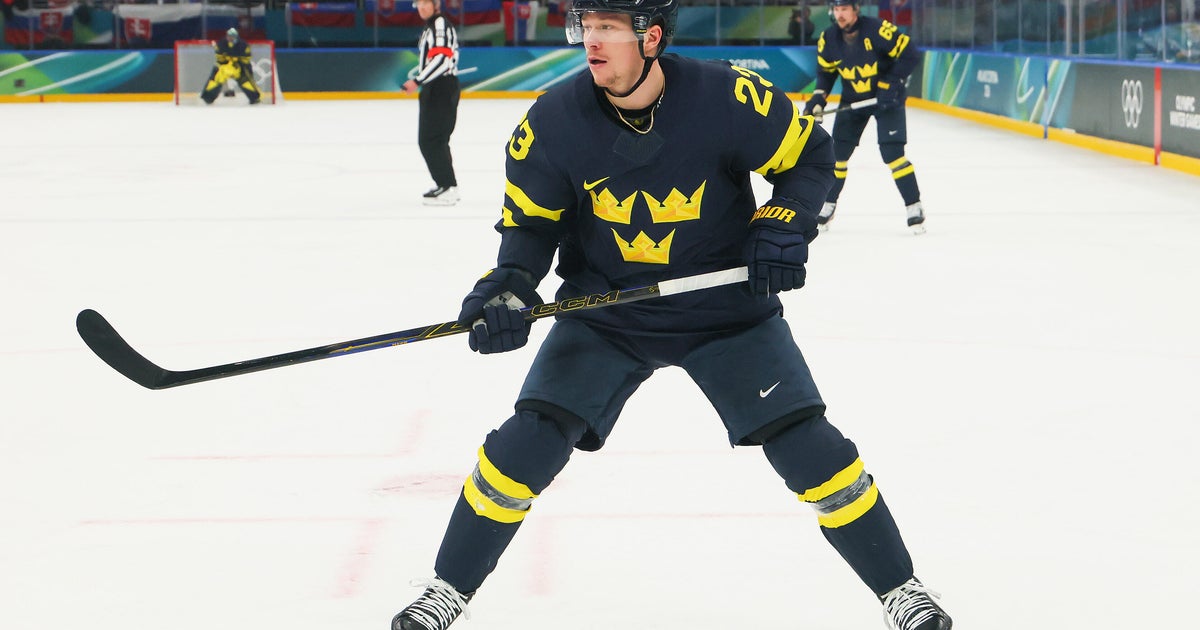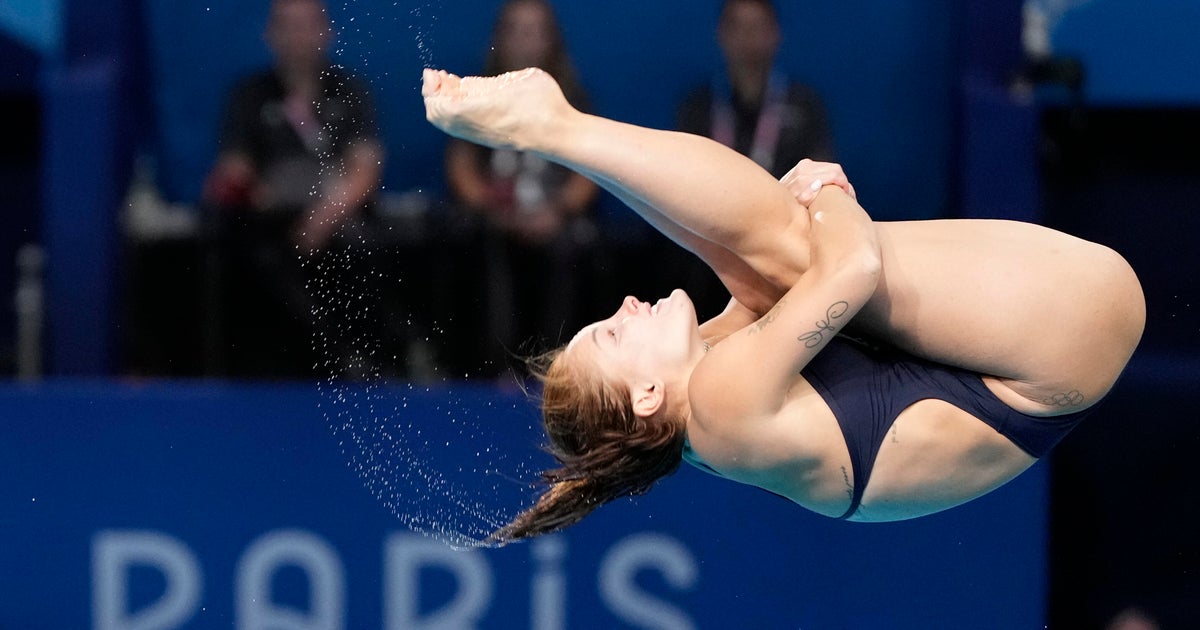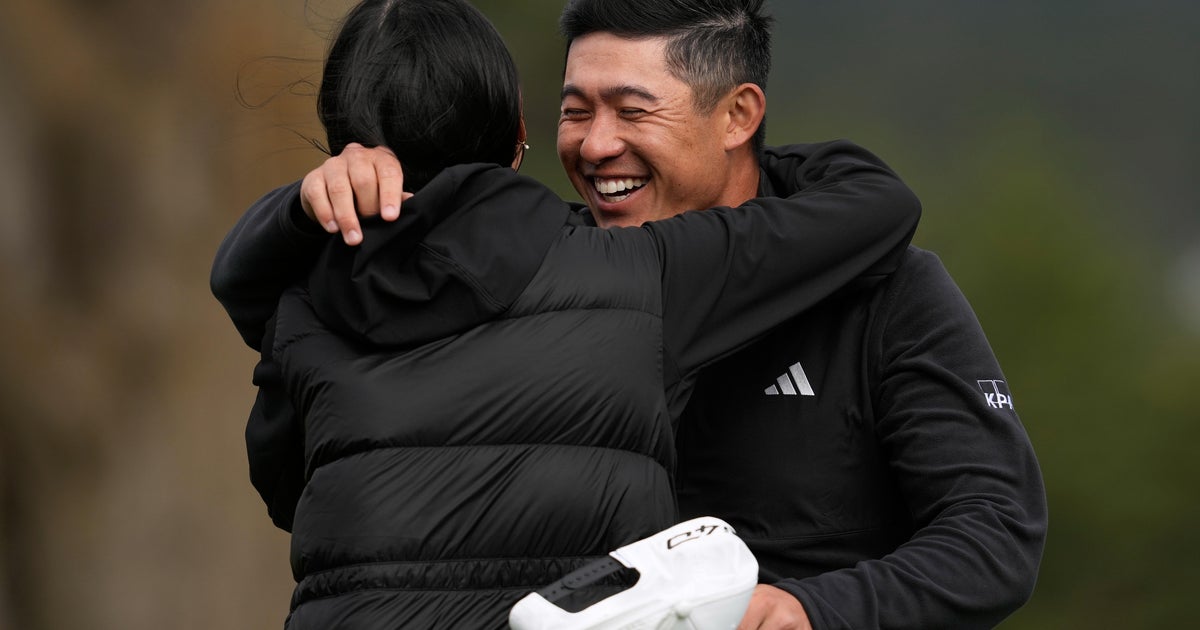Schmeelk: How the Cavaliers Beat The 73-Win Warriors
By John Schmeelk
» More Columns
The difference between winning and losing a seven-game series in the NBA playoffs can be razor thin.
Despite the fact most games in the NBA Finals were blowouts, it was no different. To win in the NBA playoffs, several things need to happen, and the Cavaliers happened to do those things slightly better than the Golden State Warriors.
1. Tyronn Lue Outcoached Steve Kerr
Before the series, this would have been unthinkable, but it happened. The turning point from a tactical standpoint in this series was when Lue (and LeBron James on the floor) figured out a way to switch Stephen Curry onto whichever one of his players he wanted to at any time. Once that happened, whether it was James or Kyrie Irving, the Cavs had the advantage. The Warriors would have to help, double team, rotate or roll the dice that Curry could slow down a top scorer. Too often it didn't work out.
For the life of me, I can't understand why Kerr didn't just start sending his initial defender under the screen, rather than initiate a switch. If Irving or James chose to pull up for 3's behind screens, the Warriors could have lived with that. This strategy could have kept Andre Iguodala on James and Klay Thompson on Irving far more often. The Warriors were great defensively all year, but their inability to counter this strategy hurt them.
MORE: Keidel: LeBron's NBA Immortality Can Never Be Questioned
Kerr also made a decision late in Game 7 that might have cost his team the game. He decided to reinsert Festus Ezeli back into the game after he played awful basketball in his previous short stints. In three possessions, he was switched onto James and allowed a 3-pointer and fouled James on a 3. If someone needed a rest, why not go back to Shaun Livingston?
2. Stars Played Like Stars
This one is simple. Just look at the box scores. James played far more like the MVP after games 1 and 2 than Curry did. Likewise, Irving was better than Thompson. Draymond Green almost made up for that on his own in Game 7, but it wasn't enough.
When the chips are down and games are close, your best players have to make plays above the X's and O's. Late in Game 7, both teams were obviously tight. The contest devolved into one-on-one play. All season long, it was Curry and Thompson who made long, contested shots. But late last night, it was Irving who made a contested step-back 3 over Curry, which was the difference in the game.
Meanwhile, Curry decided to play hero ball and passed on multiple chances to drive past Kevin Love for a high-quality 2. He had it in his head that he needed to shoot a 3, which wasn't the case. Both Curry and Thompson took shots all season that would be considered low percentage by any other player in the history of the league, but somehow they made them. That stopped in the finals. Their "bad shots" stopped going in and so did many of their open ones.
It was James who made one of the best defensive plays in NBA Finals history when he went from the 3-point line to the rim in what seemed like two steps in half-second to pin Iguodala's layup against the backboard late in the fourth quarter. James won the MVP, and in a series where he did a lot of everything, he was as deserving as they come. The stupid LeBron James narratives are dead. Forever. Period.
3. Make-Or-Miss League
The Warriors were one of the best shot-making teams of all time in the regular season. It was one of the reasons (along with their defense) they won 73 games. That went away in the NBA Finals. The Warriors instead decided to become the guys who couldn't shoot straight.
In the finals, the Warriors shot only 43 percent from the field and 36 percent from behind the arc. They only attempted 20 free throws per game. Curry couldn't finish near the rim if his life depended on it, shooting under 40 percent on 2-point attempts. Klay Thompson shot only 35 percent from 3 and 43 percent from the field. Golden State picked the wrong time for a shooting slump, and it cost the Warriors the chance to go into the annals as one of the best teams of all time. The Cavaliers' defense deserves credit for this, too.
For the Cavs, James, who had struggled all year with his jumper, found it for a few games in this series. Irving had one of the best shooting games in NBA history. It was enough to get the Cavs the series win.
4. The Unexpected
We won't ever know what might have happened in this series if Green hadn't been suspended, but it certainly hurt the Warriors' chances of closing out the series in five games. I didn't think the suspension was warranted, but Green was foolish enough to put it in the league's hands with all his ridiculous antics during the playoffs. That's on him, and he has all summer to contemplate how his reckless play might have cost his team a title. He gave the Cavs new life after losing Game 4 at home.
Andrew Bogut's injury also killed the Warriors in Game 7. Anderson Varejao and the aforementioned Ezeli played terribly. Slightly competent play by Bogut for a few minutes might have been just enough to make the difference. Love's concussion might have also helped the Cavs, forcing Tyronn Lue to try different things that helped him later in the series.
5. Lack of Helpers
The Warriors often figure out a way to steal games even when their stars don't play well. But in this series, aside from one game by Livingston, that didn't happen. Harrison Barnes couldn't figure it out offensively. Leandro Barbosa couldn't get it going. Marreese Speights never had a hot-shooting streak. Even Iguodala, as great as he is defensively, never had that unexpected offensive outburst. Sometimes even great teams need someone to emerge from nowhere. That never happened for Golden State in this series.
For everything Giants, Knicks, and the world of sports, follow John on Twitter at @Schmeelk
